REDD stands for “reducing emissions from deforestation and forest degradation”. A programme negotiated under the United Nations Framework Convention on Climate Change (UNFCCC) at the Conferences of the Parties (COP), it is an effort to create a financial value for the carbon stored in forests. It offers incentives for developing countries to reduce emissions and invest in low-carbon paths to sustainable development. The financial reward comes from richer countries that support initiatives aimed at protecting and restoring forests.
Among the attendees of REDDX was U.S. Secretary of State John Kerry, who emphasized that “trees […] are nature’s own carbon capture and storage mechanism”. He went on to urge for the protection of forests for biodiversity, air quality, water quality and indigenous people. Indeed, several speakers at the conference pushed for greater collaboration with indigenous peoples.
Though we remain some distance from securing the rise in global temperatures below the 2°C limit (above pre-industrial levels), the world is turning its attention, now more than ever, towards this important issue. The climate change agenda is now increasingly inherent in political discourse and policy making.
Germany’s Parliamentary State Secretary, Thomas Silberhorn, stresses the need to tackle climate change. “In the end”, he says, ”it’s a question of the survival of humankind”.
The original article is published on Mongabay.













